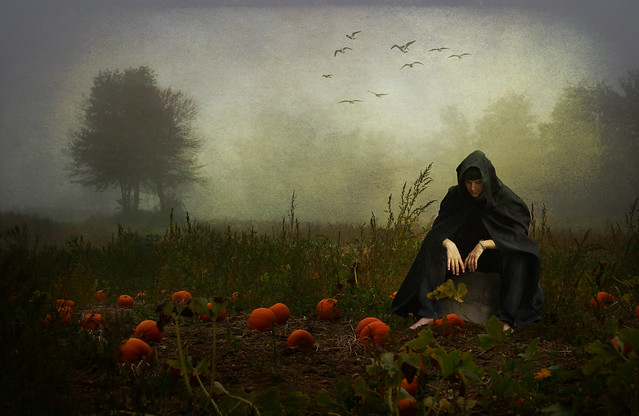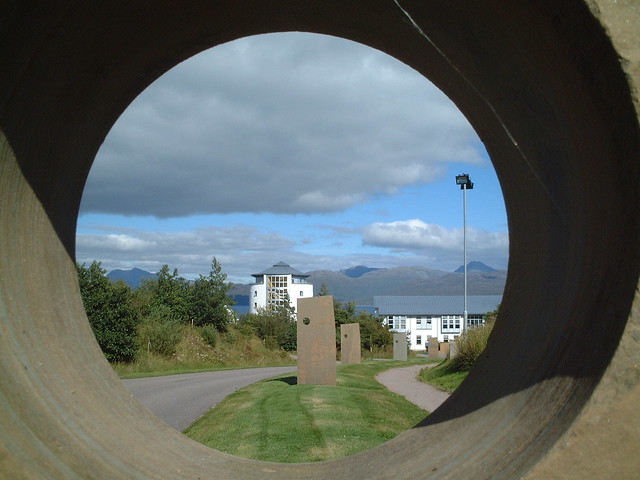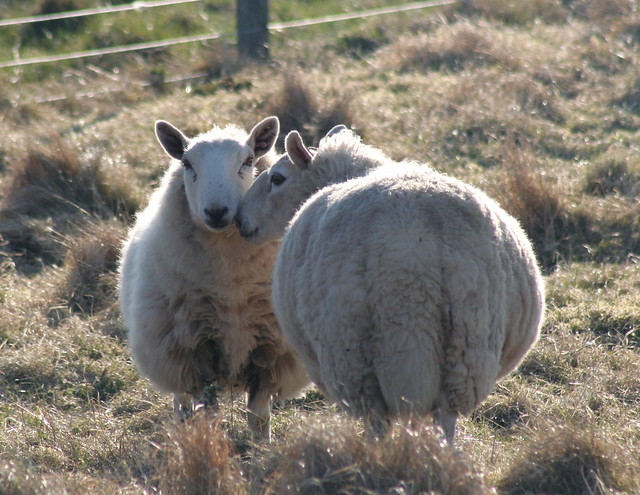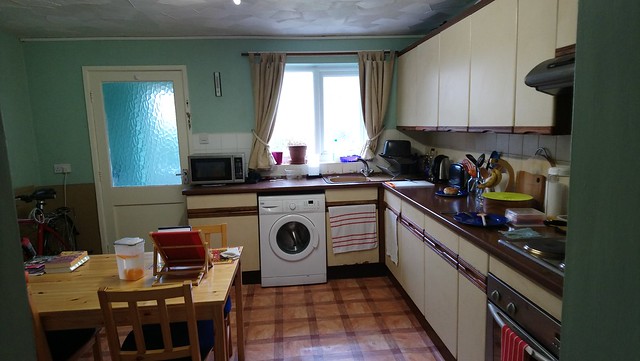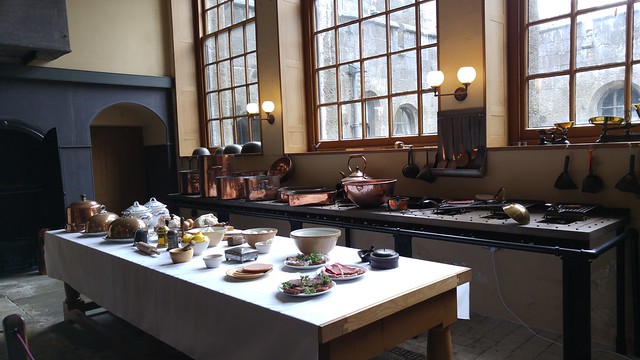Words for cloak, blanket and related things in Celtic languages.
Words marked with a * are reconstructions.
| Proto-Celtic | linnā = veil, cloak |
|---|---|
| Gaulish | linna = veil, cloak |
| Old Irish (Goídelc) | lenn = cloak, mantle |
| Middle Irish (Gaoidhealg) | lenn = cloak, mantle |
| Irish (Gaeilge) | leann = cloak, mantle |
| Old Welsh | lenn = curtain, veil, screen, covering, sheet |
| Middle Welsh (Kymraec) | lenn = curtain, veil, screen, covering, sheet |
| Welsh (Cymraeg) | llen [ɬɛn] = curtain, hanging, veil, screen, covering, canopy, tapestry, sheet, pall, mantle, shawl llen amdo = winding-sheet, shroud llen iâ = ice sheet llen olaf = final curtain (after a theatrical performance) llen rhwydog = net curtains llen dân = safter curtain |
| Old Cornish | len = blanket, cloth |
| Middle Cornish (Cernewec) | len = blanket, cloak, whittle |
| Cornish (Kernewek) | lenn = blanket, cloth lenn dhu = blind brithlen = tapestry |
| Breton (Brezhoneg) | lenn = flag, coat lenn-wele = bedspread, bed-cover |
Etymology: possibly from the Proto-Indo-European *linom (flax) [source].
| Proto-Celtic | *brattos = cloak, mantle |
|---|---|
| Old Irish (Goídelc) | bratt [ˈbr͈at] = cloak, mantle brattach = banner, clothing, flag |
| Middle Irish (Gaoidhealg) | brat, bratt = cloak, mantle, cover, cloth brattach = having a clock, mantled; clothing, shielf, banner, standard |
| Irish (Gaeilge) | brat [bˠɾˠɑt̪ˠ / bˠɾˠat̪ˠ] = mantle, cloak, covering, curtain brata (le) = carpeted, covered (with) aerbhrat = atmosphere brat brád = neckerchief bratach = flag bratóg = small cloak, covering, rag, flake bratógach = ragged, in rags |
| Scottish Gaelic (Gàidhlig) | brat [brahd] = carpet, mat, cloak, mantle, cover(ing), sheet, drape, drapery brat-cùil = backdrop brat-deighe = ice-sheet brat-dorais = doormat brat-dubhair = awning brat-dorais = tapestry brat-gréise = bed cover, coverlet brat-ùrlair = carpet, rug, mat bratach = flag, banner, colours, ensign |
| Manx (Gaelg) | brat = covering, cover, coat, layer, film, pall, curtain, cloak, sheet, wrap, coating brat jaagh = smokescreen brat laare = carpet brat lhiabbagh = coverlet, bedcover brat peintey = coat of paint brattagh = banner, colour, ensign, flag |
| Middle Welsh (Kymraec) | brat, bratt = rag, clout, tatter, piece, apron, pinafore brethyn, bredhyn = woollen, cotton, cloth, covering, bedspread, hanging, tapestry |
| Welsh (Cymraeg) | brat = rag, clout, tatter, piece, apron, pinafore (possibly borrowed from Irish) brethyn = woollen, cotton, cloth, covering, bedspread, hanging, tapestry brethyn arwyl = funeral pall, bier-cloth brethyn bord = tablecloth brethyn cyfrwy = saddlecloth brethyn neuadd = tapestry |
| Old Breton | brothrac = skirt |
| Middle Breton | broz = skirt |
| Breton (Brezhoneg) | brozh = skirt brozh-dan = petticoat, underskirt korf-brozh = bodice, corset |
Etymology: unknown [source].
| Old Irish (Goídelc) | culpait = hood, cowl culpatach = hooded |
|---|---|
| Middle Irish (Gaoidhealg) | culpait, clupait = hood, cowl culpatach = having a hood, hooded, folded |
| Irish (Gaeilge) | clupaid [ˈklˠʊpˠədʲ] = fold, tuck (in cloth) clupaideach = gathered, puckered, wrinkled |
| Scottish Gaelic (Gàidhlig) | crùbag [kruːbag] = wrinkle(d), bent, shrunk, fold, plait, gather criopag [krʲihbag] = wrinkle, clew, hag, horrible old woman |
| Manx (Gaelg) | craplag = fold, furrow, line, wrinkle |
| Proto-Brythonic | *külkɨd = ? |
| Old Welsh | cichet = coverlet, sheet, blanket, bedclothes, bed, couch |
| Middle Welsh (Kymraec) | kylchet, cylched, kylched = coverlet, sheet, blanket, bedclothes, bed, couch |
| Welsh (Cymraeg) | cylched [ˈkəlχɛd] = coverlet, sheet, blanket, bedclothes, bed, couch cylchedlen = valanec, curtain, hangings |
| Cornish (Kernewek) | kolghes = duvet, quilt |
| Old Breton (Brethonoc) | colcet = quilt |
| Middle Breton (Brezonec) | golchet = quilt |
| Breton (Brezhoneg) | golch’ed [ˈɡolxet] = duvet, quilt golch’edad = contents of a duvet golch’edenn = pad (under a saddle, etc), straw mattress golch’edenniñ = to fill with a pad |
Etymology: from Latin culcita (mattress, pillow, cushion), which is of uncertain origin. Words from the same roots include quilt in English, and couette (duvet, quilt) in French [source].
Sources: Wiktionary, Am Faclair Beag, Online Manx Dictionary, Teanglann.ie, eDIL – Electronic Dictionary of the Irish Language, In Dúil Bélrai English – Old Irish glossary, Geiriadur Prifysgol Cymru, Gerlyver Kernewek, Dictionaire Favereau, TermOfis, English – ProtoCeltic WordList (PDF), Etymological Dictionary Of Proto Celtic
